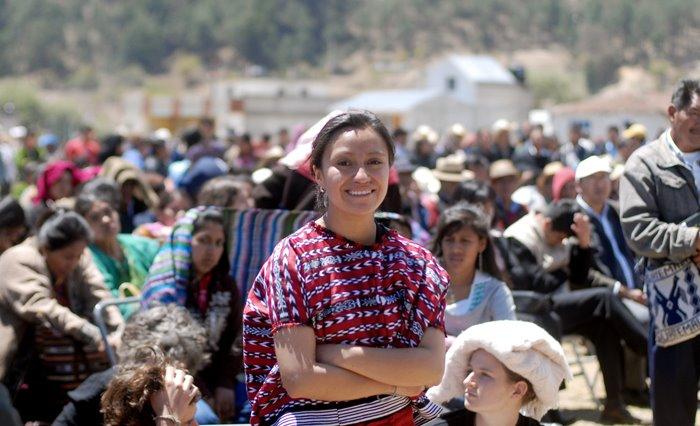Andrea Ixchíu is a K'iche de Totonicapán woman from Guatemala. She is a journalist and workshop facilitator dedicated to promoting indigenous women’s rights in Guatemala. Since childhood, Andrea has organized local campaigns to denounce violence against women in her community.
The midterm elections brought landmark victories for female candidates.

